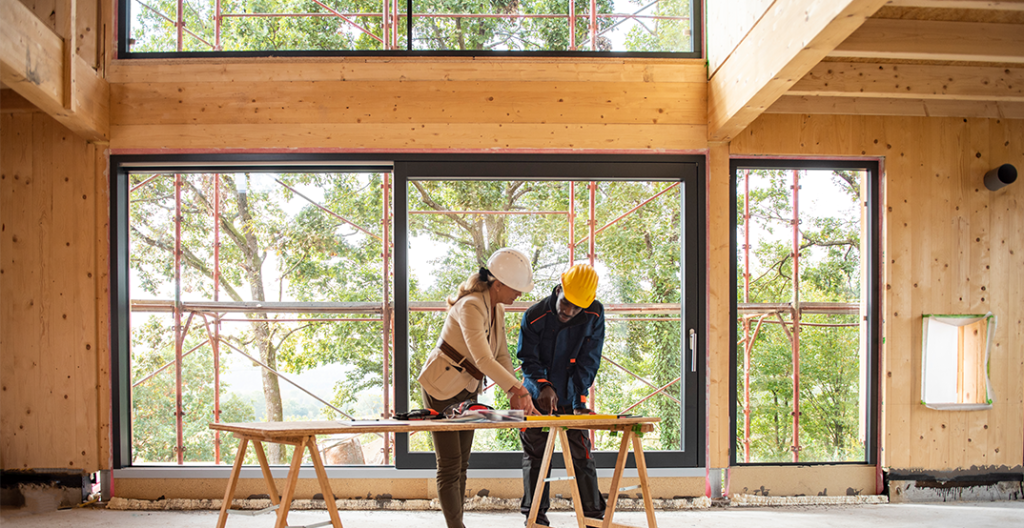On Thursday, 5 October 2023, the Hon Tim Pallas introduced The State Taxation Acts and Other Acts Amendment Bill 2023 to the Victorian Parliament.
The Bill contains the proposed frameworks for how the amendments and expansion of the Vacant Residential Land Tax (VRLT) will operate, subject to its successful path through Parliament.
As the intention of the bill is to free up housing stock, the costs of incurring the VRLT may be high and planning should be undertaken to consider the current and future impact of these amendments. Take the following for example:
- For developers, the VRLT could equate to an additional land tax bill of $200,000 per annum on a property with a Capital Improved Value (CIV) of $20m, and
- For a residential property investor who has a property with a CIV of $1m, this will add $10,000 per annum. This is in addition to the $1,675 annual land tax increase, they will incur as part of the state government’s COVID Debt Levy announced in May 2023.
Victorian Residential Land Tax
The VRLT made key changes to both its current operation and an expansion of its net to capture more property within Victoria, including;
- homes that have been unoccupied for more than six months in a calendar year across the entire state of Victoria will now be subject to the tax from 1 January 2025. Currently, this tax only applies to residential properties in Melbourne’s inner and middle suburbs.
- residential land that had been undeveloped for five continuous years, from 1 January 2026 onwards.
Owners of vacant properties will have to pay an extra 1 percent of the Capital Improved Value (CIV) of their land under the tax and changes will also apply to residential land that has been undeveloped for more than five years in established areas of Melbourne. This is an extra $5,000 for every $500,000 of CIV.
The Bill confirms that undeveloped land will be liable for VRLT if it:
- is within a listed municipal district, which confirms it would apply across all metropolitan Melbourne local government areas (including the City of Melton but not the Shire of Mitchell)
- is within a zone other than a ‘non-residential zone’, including Urban Growth Zones, and
- is not solely or primarily used for or under development for non-residential use.
Exemptions
Unimproved land might qualify for an exemption from VRLT if there’s an application in progress for a planning or building permit aimed at developing the land for non-residential purposes. Alternatively, if a request has been submitted for a planning scheme amendment to permit non-residential land use, it could also lead to an exemption from the Vacant Residential Land Tax.
Further exemptions may be available where:
- the Commissioner has the authority to grant exemptions for land not currently under an application or request if there is proof of efforts being made to prepare the land for development, which may include remediation activities.
- the proposed Bill outlines formal exemptions for land situated adjacent to a principal place of residence owned by the same party and for land that, due to its physical characteristics or legal restrictions like restrictive covenants or environmental orders, cannot be utilized or developed for residential purposes, or
- the five-year continuous period for the application of VRLT starting on January 1, 2026, is only applicable in situations where the ownership remains unchanged. However, the Commissioner retains the discretion to impose VRLT if they suspect that the land transfer was primarily done to obtain a reduction or secure an exemption from VRLT.
What about my holiday home?
Properties that are owned by individuals and used as holiday homes and occupied by the owner for at least four weeks of that year will be exempt. However, homes owned by companies, family trusts with a corporate trustee, associations or organisations are not eligible for the exemption.
The devil is in the detail
Two new sections will also be inserted into the Sale of Land Act to prohibit recovery from a purchaser under a contract of sale of land, of:
- land tax, and
- an existing windfall gains tax liability.
These new provisions would have effect from 1 January 2024 and penalties will be imposed where an offence is committed.
With the Bill likely to proceed in November 2023, developers and property investors alike will need to be across the proposed changes and how these changes will impact their property holdings.
Please contact your local William Buck Property advisor for assistance preparing for these changes.










